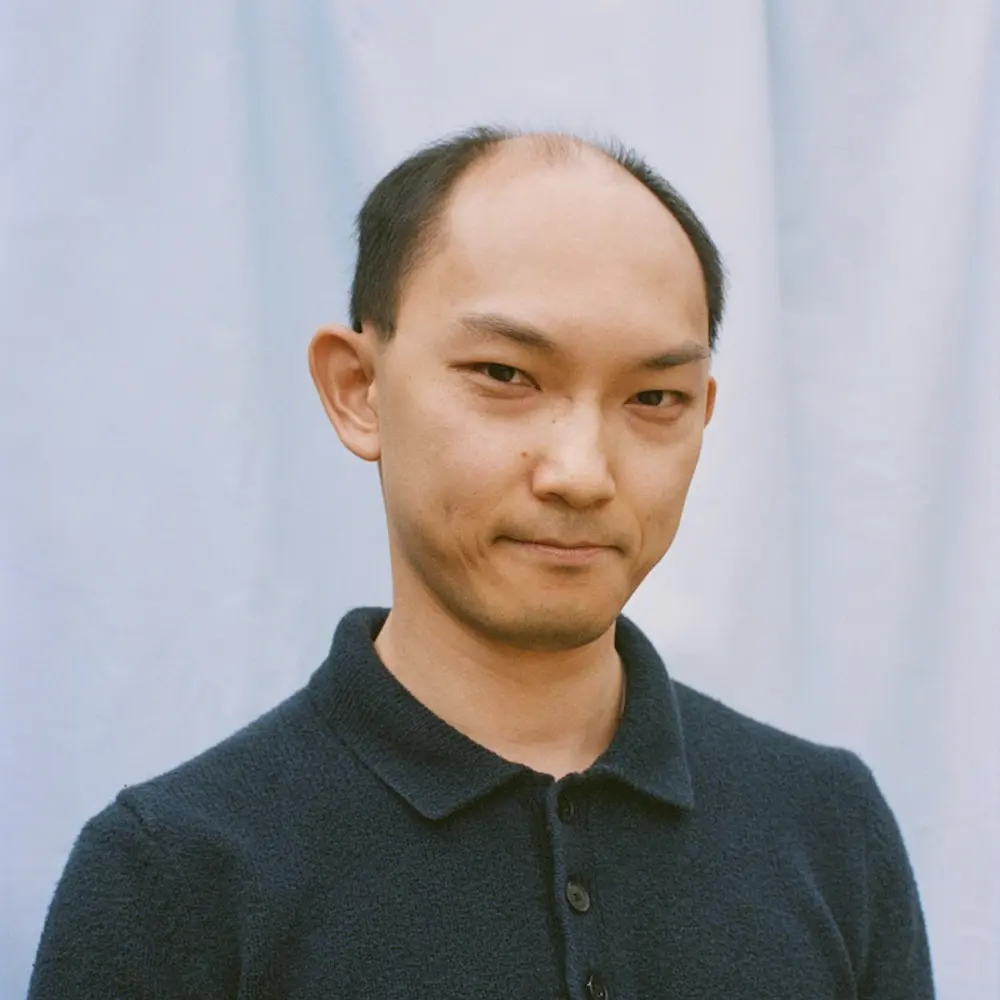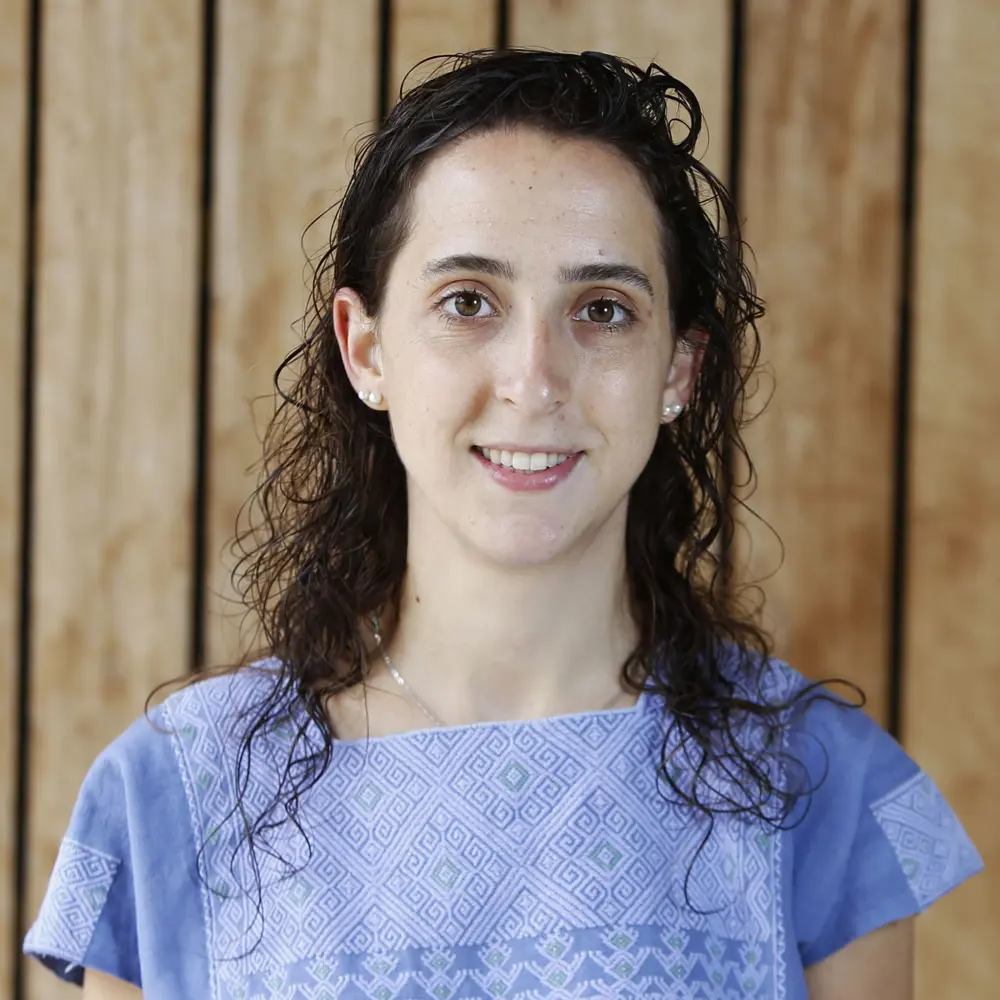Our goal
Today’s major viral threats are moving or unknown targets. Flu mutates every year, HIV is extremely genetically diverse, and the next pandemic virus is hard to predict. Vaccines dramatically reduced disease burden in the 20th century, but they fail to keep pace with the challenges today’s viruses present. To address this, we need a new class of medicines that can target viral infections with far greater precision, accuracy, and durability. That’s what this programme aims to unlock, by engineering the body’s innate immune system to create what we’re calling ‘sustained innate immunoprophylactics’ (SIIPs). SIIPs will provide durable, wide-ranging protection against respiratory viruses, opening an entirely new paradigm in our ability to combat viral disease.
Technical areas
This programme is split into three Technical Areas, each with its own distinct objective. We’re convening a diverse community of experts from fields including synthetic biology, systems immunology, materials chemistry, and AI to meet these goals.
Explorers
Focused on providing proof-of-concept evidence that sustained innate immunoprophylactics (SIIPs) are possible by designing, building and testing candidates in in vitro and in vivo models.
Accelerators
Focused on developing tools, platforms, models, standards, or datasets in order to accelerate the process of bringing new SIIP candidates to strong proof-of-concept.
Translators
Focused on conducting research that facilitates the clinical translation and future commercialisation of SIIPs, ultimately smoothing the pathway from technical proof-of-concept to real-world impact.
Meet the programme team
Our Programme Directors are supported by a core team that provides a blend of operational coordination and highly specialised technical expertise.

Brian Wang
Programme Director
Brian co-founded the non-profit Panoplia Laboratories to pre-develop medicine for the next pandemic. Brian has a PhD in chemistry from the University of California, Berkeley, conducted postdoctorate research in synthetic biology at MIT, and was Head of R&D at vaccine development start-up Alvea.

Andrea Szydlo-Shein
Programme Specialist
Andrea holds a PhD in neuroscience and neurobiology, with postdoctoral work in immunology and industry experience in all three fields. She has expertise in small molecules and RNA therapeutics and has served in a range of roles, from lab research to scientific project management. Andrea supports ARIA as an operating partner from Pace.
Sign up for updates
Stay up-to-date on our opportunity spaces and programmes, be the first to know about our funding calls and get the latest news from ARIA.

